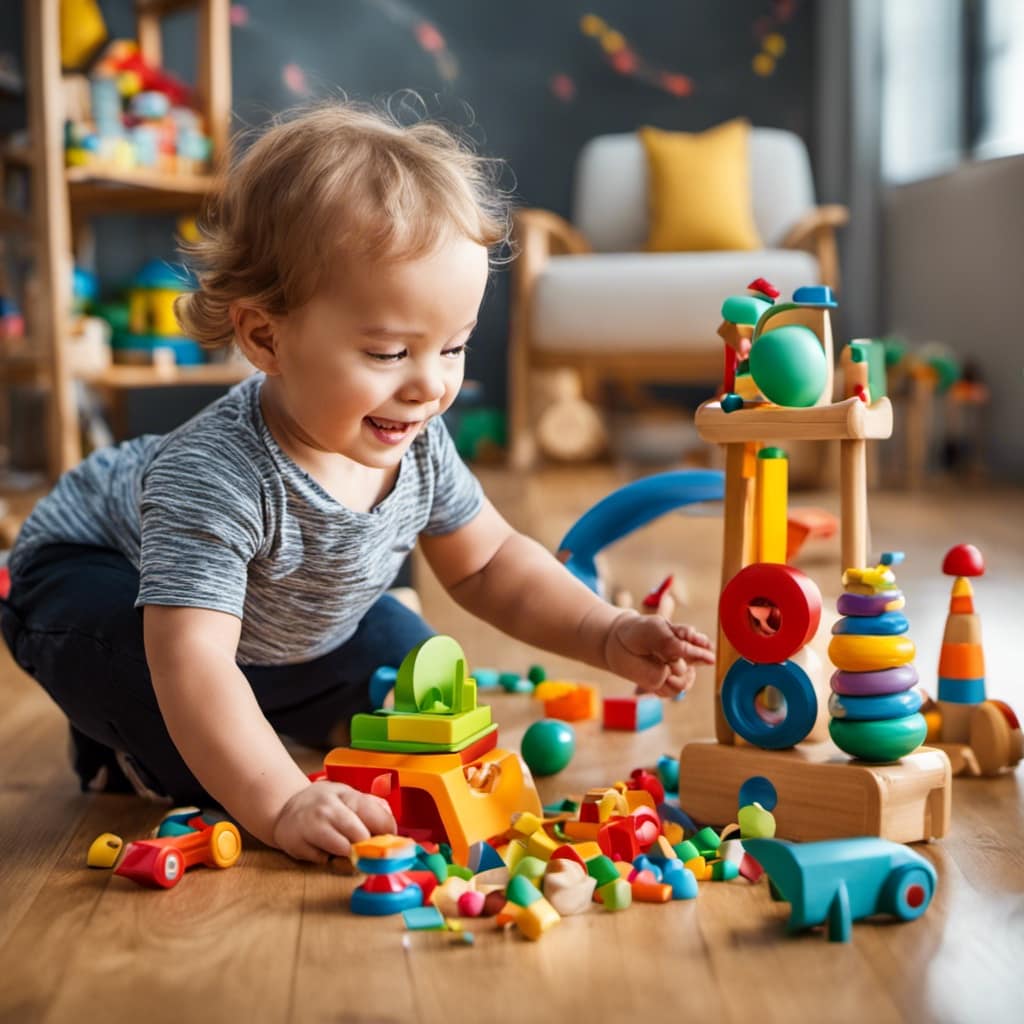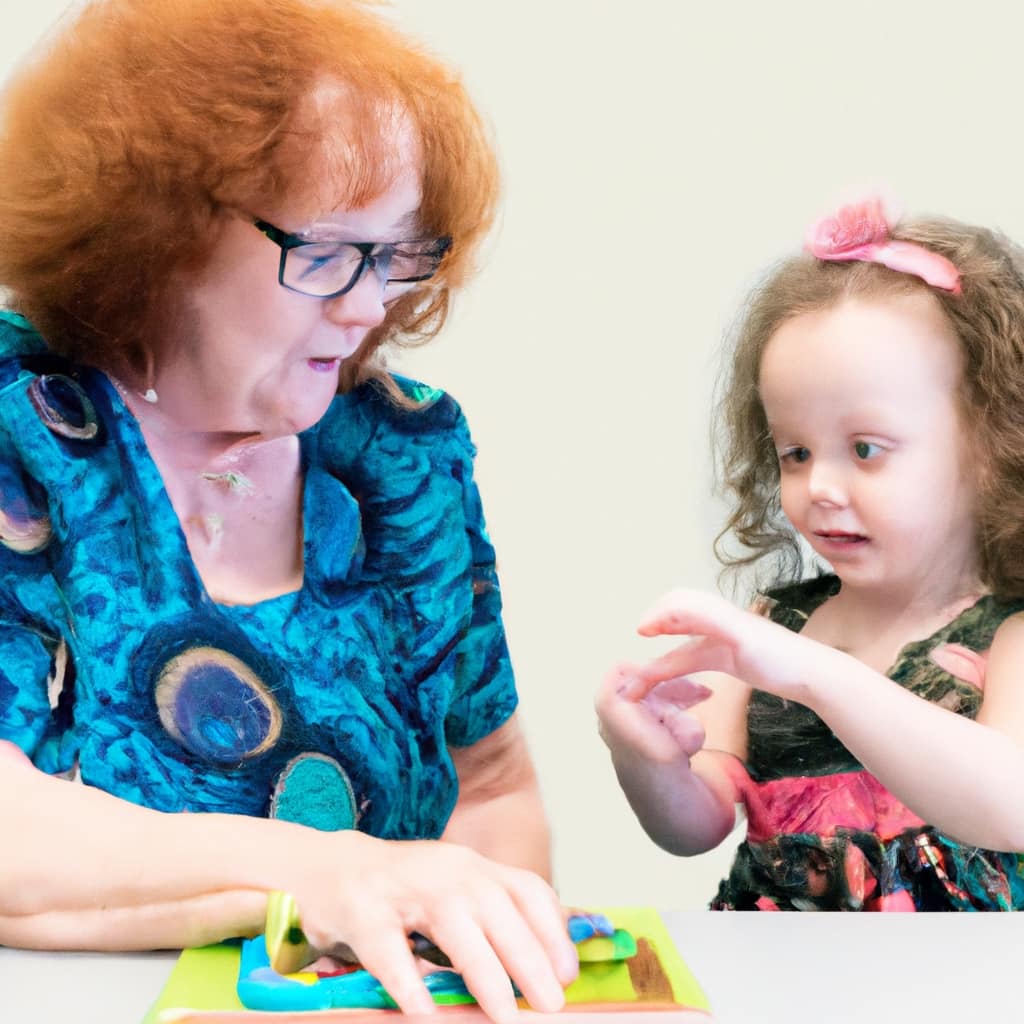As a child who went through the upheaval of changing schools, I have a profound understanding of the impact it can have on academic success, social adjustment, emotional well-being, and self-esteem.
It’s like stepping into a new world, filled with unfamiliar faces and routines.
But fear not, for there are strategies that can help navigate this challenging transition.
From providing academic support to fostering social skills, this article explores the ways in which changing schools can shape a child’s development, and offers guidance on how to ensure continuity and emotional well-being throughout the process.
Key Takeaways
- Changing schools can significantly affect a child’s academic performance.
- Providing academic support during school changes improves adaptation and academic performance.
- Friendship dynamics may change, leading to feelings of loneliness and isolation.
- Transitioning to a new school can negatively affect a child’s self-esteem.
Impact on Academic Performance
Changing schools can significantly affect my academic performance. Research shows that receiving teacher support during school changes can have a positive impact on cognitive development and academic performance.
Teachers play a crucial role in creating a stable and supportive environment for students in their new educational setting. They help students adapt quickly, stay engaged in their learning, and address any challenges or anxieties that may arise. By maintaining open communication with teachers and administrators, concerns can be addressed promptly.

Additionally, creating a structured routine and dedicating time for homework can ensure a smooth transition and help maintain or improve academic performance. With teacher support, I can thrive academically and continue to develop my cognitive abilities in my new school.
Social Adjustment Challenges
Navigating a new social environment during a school transition can be challenging. Friendship dynamics may change, and unfamiliar social norms can contribute to feelings of loneliness and isolation.
Supporting friendships and promoting social activities are essential in helping children adjust to these challenges. Encouraging participation in extracurricular activities can help children meet new peers and form connections. Providing guidance and support from parents and school staff fosters social skills and connections.
Research shows that a supportive environment for emotional well-being is crucial during school transitions. Open communication and active listening can alleviate emotional strain. Connecting children with resources like counselors and support groups can be beneficial.
Fostering opportunities for social interaction increases the chances of forming friendships, ultimately helping children navigate their new school environment successfully.
Impact on Social Skills and Emotional Adjustment
Experiencing a new social environment during a school transition can challenge my ability to form connections with peers and adapt to different communication styles and social norms. Changing schools can have a profound impact on social skills and emotional adjustment.

It can be difficult to form connections with peers in a new environment, leading to feelings of loneliness and anxiety. Disruption in routine and social support networks can further contribute to emotional strain.
However, there are strategies for supporting social connections and developing emotional resilience during this transition. Providing a safe and supportive environment, open communication, and active listening can alleviate emotional strain. Validating a child’s feelings and connecting them with resources like counselors and support groups can be beneficial.
Additionally, fostering opportunities for social interaction increases the chances of forming new friendships and developing a sense of belonging.
Supportive Environment for Emotional Well-being
Maintaining open communication with teachers and administrators helps me address concerns and ensures a supportive environment for my emotional well-being during school transitions. During this time, it is crucial to have access to supportive communication and counseling resources.
Here are three ways in which these resources can contribute to my emotional well-being:
-
Active Listening: Teachers and administrators who actively listen to my concerns create a safe space for me to express my emotions and anxieties. Their attentive listening helps me feel understood and supported.

-
Validation of Feelings: When teachers and administrators validate my feelings, it reassures me that my emotions are valid and understood. This validation helps me navigate my new school environment with confidence and resilience.
-
Access to Counseling Resources: Connecting me with counselors and support groups provides me with additional resources and support. These professionals can offer guidance and assistance in managing the emotional challenges that may arise during school transitions.
Impact on Self-Esteem
Transitioning to a new school environment can significantly affect my self-esteem and confidence. The lack of social support and disrupted peer relationships can lead to feelings of inadequacy and disconnection.
It’s natural to experience anxiety, stress, and low self-esteem during this transition. However, there are supportive interventions and coping mechanisms that can help build resilience and adaptability.
Parental involvement and counseling support play a crucial role in helping children cope with emotional challenges. Open communication with teachers and peers alleviates anxiety and fosters a sense of belonging.
Participating in extracurricular activities and seeking professional support from school counselors can also aid in forming new friendships and providing guidance.

Effect on Self-esteem and Confidence
Transitioning to a new school can have a significant impact on a child’s self-esteem and confidence. It is common for children to experience feelings of anxiety, stress, and low self-worth during this transition. However, there are coping mechanisms that can help build resilience and foster a sense of belonging.
Here are three key ways in which parental involvement plays a crucial role in supporting a child’s self-esteem and confidence:
-
Emotional support: Actively involved parents provide a safe and nurturing environment where children feel validated and supported. This helps boost their self-esteem and confidence.
-
Establishing routines: Parents can help create a structured routine and provide stability, which promotes a sense of security and increases confidence in navigating the new school environment.
-
Reassurance and encouragement: Parental involvement includes discussing feelings and concerns, reassuring children, and encouraging them to take on challenges. This helps build resilience and fosters a positive mindset.
Coping Mechanisms for New Environment
Navigating a new environment requires finding coping strategies that help me adapt and thrive in the new school.

One important coping mechanism is establishing routines. By creating a structured routine and dedicating time for homework, I can ensure a smooth transition and reduce stress.
Another helpful strategy is seeking professional support. School counselors or therapists can provide guidance and assistance during school transitions, offering valuable advice on how to navigate the challenges of a new environment. Seeking professional support can also provide emotional resilience and psychological support, which are crucial for maintaining my well-being during this time of change.
Emotional Well-being After Changes
Adjusting to a new school environment can be emotionally challenging, but seeking support from friends, family, and school counselors can help me navigate these changes and ensure my emotional well-being. Supportive resources are crucial during this transition. Here are three ways they can help:
-
Friends and family: Having a strong support system of loved ones can provide comfort and understanding during this time. They can offer a listening ear, offer advice, and provide encouragement.
-
School counselors: These professionals are trained to assist students in navigating the emotional challenges of changing schools. They can provide guidance, offer coping strategies, and connect students with additional resources if needed.
-
Building resilience: Going through a school transition can be an opportunity to build resilience. By facing and overcoming challenges, I can develop the ability to bounce back from adversity and adapt to new situations.

Frequently Asked Questions
How Can Parents Support Their Child’s Academic Performance During a School Change?
During a school change, parents can support their child’s academic performance by providing academic support, maintaining open communication with teachers, creating a structured routine, and dedicating time for homework.
What Are Some Common Social Adjustment Challenges That Children Face When Changing Schools?
Changing schools can be like entering a new world, where social support and peer relationships are crucial. Children face challenges like loneliness and unfamiliar social norms, but guidance and extracurricular activities can help them adapt and form new connections.
How Can Teachers Help Students in Developing Their Social Skills and Emotional Adjustment During a School Transition?
Teachers play a crucial role in supporting students’ social skills and emotional adjustment during school transitions. They provide emotional support, foster a sense of belonging, and guide students in forming new friendships.
What Are Some Strategies for Creating a Supportive Environment for a Child’s Emotional Well-Being During a School Change?
When it comes to creating a supportive environment for a child’s emotional well-being during a school change, there are several strategies to consider. These strategies can help alleviate anxiety and foster a sense of belonging.
How Does Changing Schools Impact a Child’s Sense of Self-Esteem and Confidence?
Changing schools can have a significant impact on a child’s sense of self-esteem and confidence. It may disrupt friendships and affect academic performance. However, with support from parents, teachers, and peers, children can develop coping mechanisms and adapt successfully.
Conclusion
In conclusion, changing schools can be like stepping into a new world, full of challenges and uncertainties. It’s a journey that can impact a child’s academic performance, social skills, emotional well-being, and self-esteem.

But like a compass guiding us through uncharted territory, there are ways to navigate this transition successfully. By providing support, maintaining open communication, and creating a structured routine, we can help our children find their way.
Let’s be their guiding light, illuminating their path to educational continuity and emotional resilience. Together, we can empower them to thrive in their new environment.











